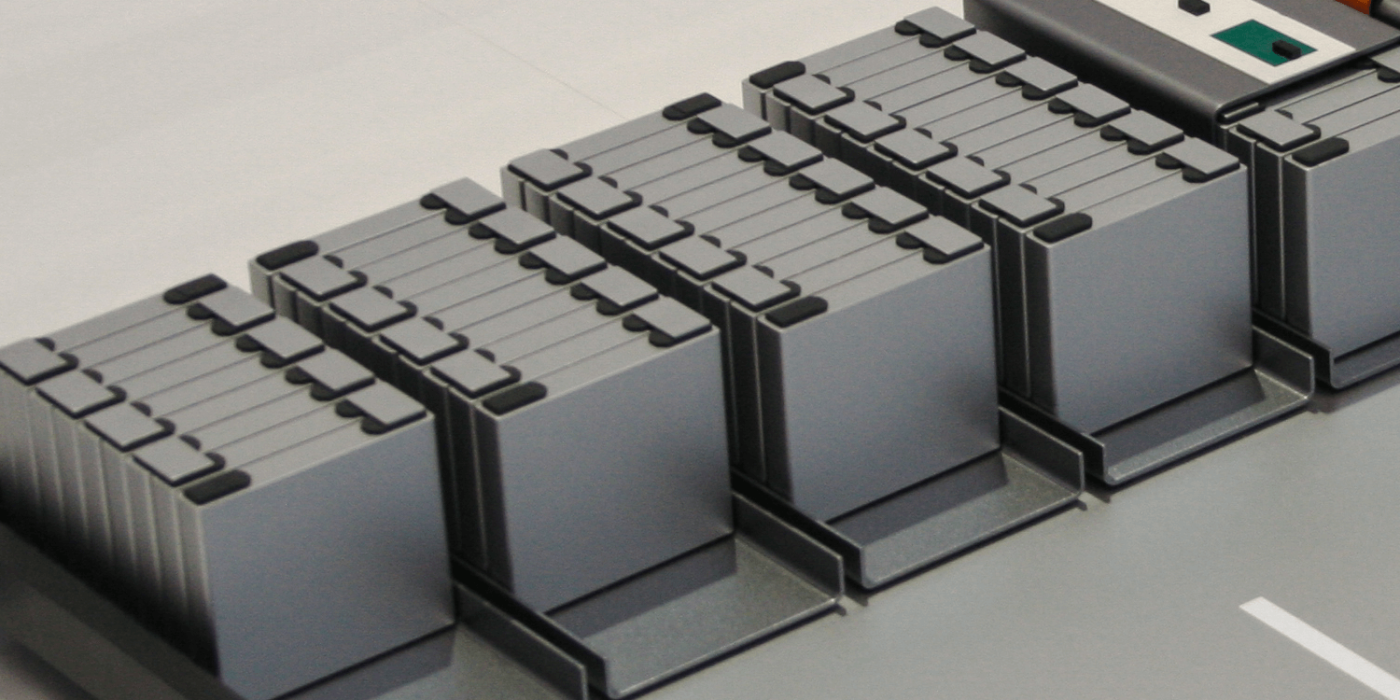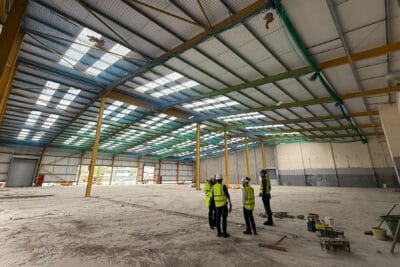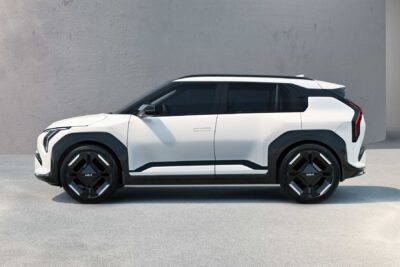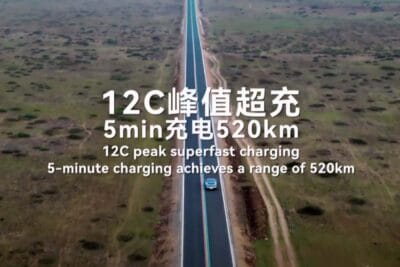Morrow Batteries to build 32 GWh battery factory in Norway
The location has now been determined for the planned 32 GWh battery cell factory by Norwegian company Morrow Batteries for electric vehicles: The plant will be built in Eyde Energipark in Arendal in the southern Norwegian region of Agder. Construction is scheduled to begin in 2023.
The location decision was revealed in a report by Norwegian broadcaster NRK, according to which, Morrow Batteries had four sites to choose from. According to the decision now made, the “world’s most sustainable battery factory” will be built in Arendal and will employ at least 2,000 workers there, according to the initiators. The first of the four planned expansion stages, each with 8 GWh, is to be completed in 2024, as reported when the plans were presented in June.
It was now reported that the factory will primarily build batteries for the automotive and marine industries. The investment volume is to amount to five billion crowns, the equivalent of around 470 million euros. The project is being supported in part by funds from the EU’s Horizon 2020 research program.
In June, it was announced that Morrow Batteries would initially manufacture cells based on existing technologies. However, in the further expansion stages of the plant, “next-generation battery cell technology” will then also be used. The talk is of developing and industrialising new types of lithium-sulfur battery cells.
Behind the new battery company is a consortium of several Norwegian players. The owners of the startup are the Norwegian energy group Agder Energi and the major entrepreneur Bjørn Rune Gjelstens, who owns, among other things, the waste company Noah AS. The initiator is the environmental organization Bellona, which also has a small stake in the company. The project’s partners also include the research institute SINTEF, the business development company Innovation Norway, the so-called Eyde cluster and several raw material suppliers.
Morrow Batteries wants to profit from the upcoming boom in the electric car sector and at the same time prove that battery cell production can be a sustainable industry. The company already emphasised this when it presented the project in June: “We need to build alternative industries to oil and gas and be able to initiate a green turnaround,” Terje Andersen, CEO of Morrow Batteries, said at the time. In Agder, the initiators of the project have access to energy from hydropower, among other sources. For the lithium-sulfur battery cells, Morrow Batteries also wants to use scrap materials from the Norwegian oil industry in the future. The value chain is to be explicitly different from those in Asia.
With reporting by Cora Werwitzke, France.
nrk.no (in Norwegian)





0 Comments